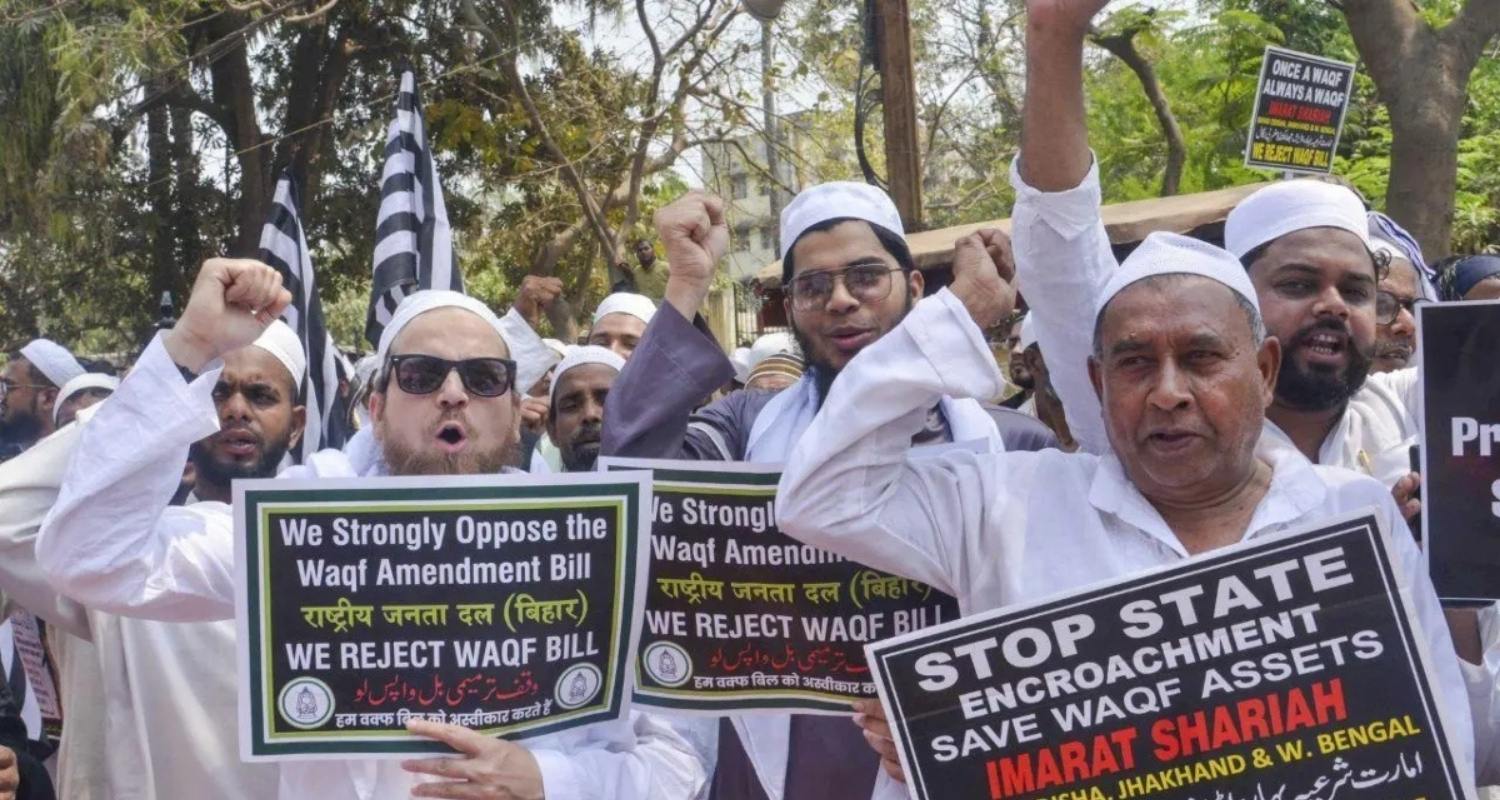The Supreme Court will on Monday deliver its interim order on pleas challenging the Waqf (Amendment) Act, 2025, which enhances government oversight in regulating waqf properties. In today’s hearing, the top court will address three contentious issues, including whether properties already designated as Waqf can be denotified under the new legislation.
On May 22, a bench led by Chief Justice of India BR Gavai reserved the interim order after hearing arguments from both sides—lawyers representing those challenging the amended waqf law, and Solicitor General Tushar Mehta, representing the Centre—for three consecutive days.
The law, which came into effect on April 8, removes the ‘Waqf by user’ provision, which permits a property to be treated as Waqf based on its long-term use for religious or charitable purposes, even without formal documentation.

In addition to the issue of denotification, the second matter concerns petitioners questioning the composition of state Waqf boards and the Central Waqf Council, arguing that only Muslims should serve, except for ex-officio members.
Meanwhile, the third issue relates to a provision stating that a Waqf property will not be considered Waqf if a collector’s inquiry determines it is government land.
While the Central government has robustly defended the Act, asserting that Waqf, by its nature, is a "secular concept" and cannot be stayed given the "presumption of constitutionality" in its favour, senior lawyer Kapil Sibal, representing the petitioners, argued that the law is a "complete departure from historical legal and constitutional principles".
Also Read: SC rejects Delhi Waqf Board’s plea over property rights claim
He further suggested that it is a means to "capture Waqf through a non-judicial process". On April 25, the Ministry of Minority Affairs filed a preliminary affidavit defending the Waqf (Amendment) Act, 2025, and opposed any "blanket stay" by the court on a "law having presumption of constitutionality passed by Parliament".
The Centre notified the Waqf (Amendment) Act, 2025 on April 8 after it received President Droupadi Murmu’s assent on April 5.
The Act was passed in Parliament with 288 votes in favour and 232 against in the Lok Sabha, and 128 for and 95 against in the Rajya Sabha. Significant protests erupted in West Bengal earlier this year due to the Waqf law.
Also Read: SC to pronounce interim order on Waqf Act pleas on Sep 15



